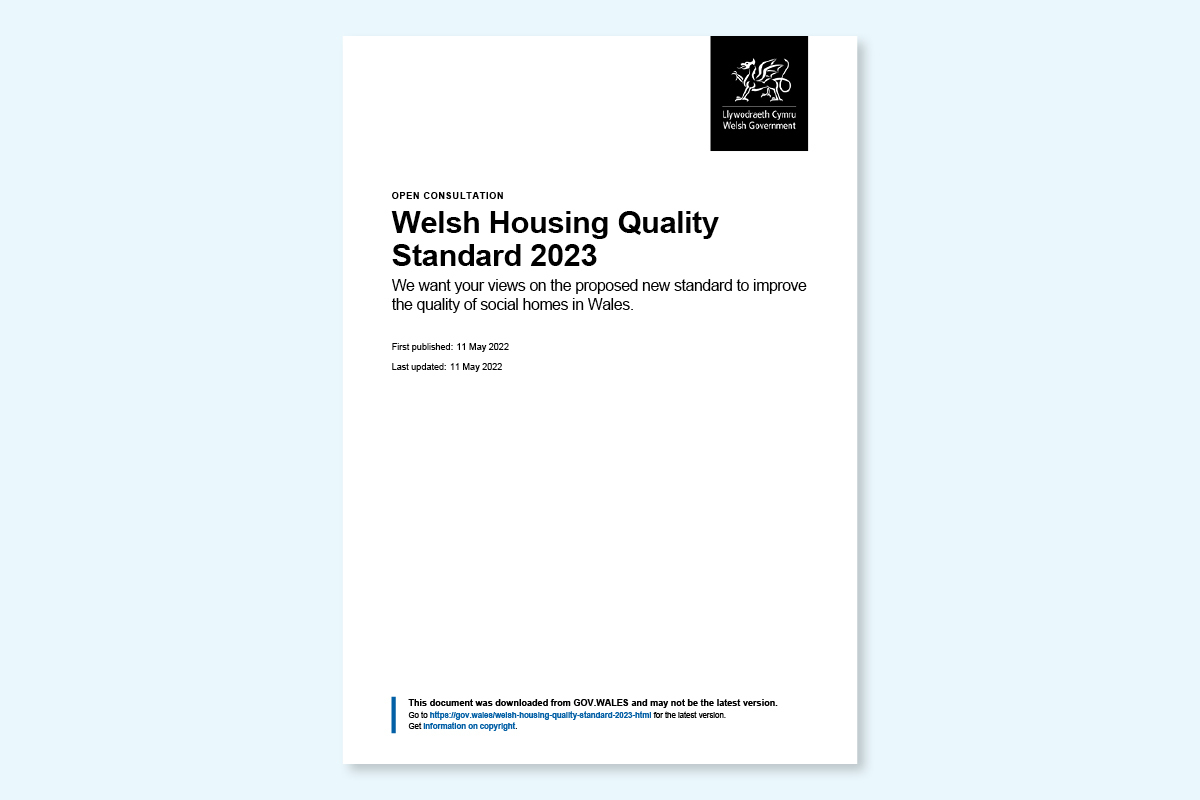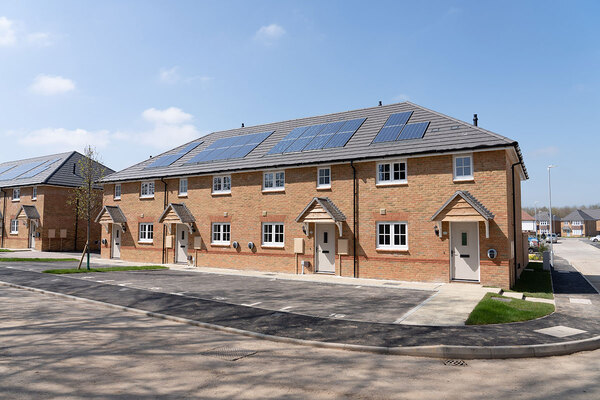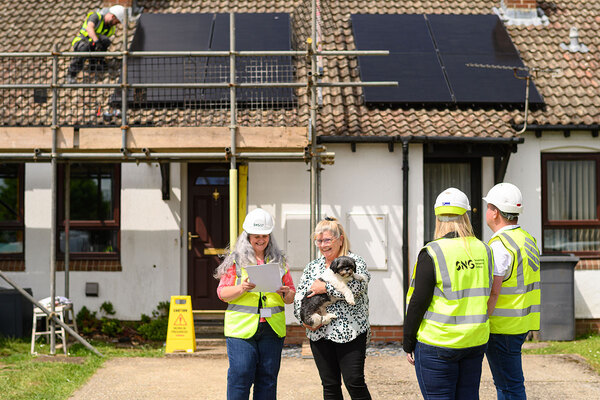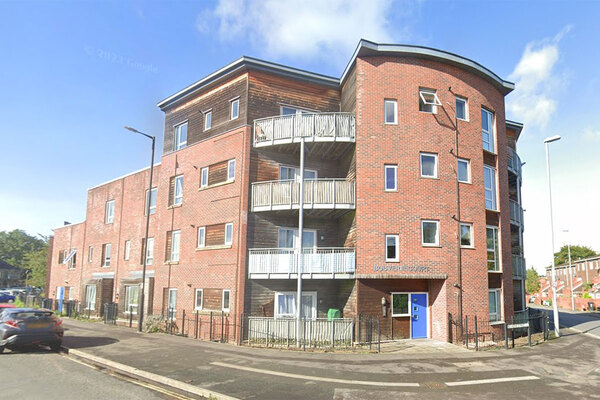
As things stand, decarbonisation targets in the new Welsh Housing Quality Standard will be undeliverable
The proposed new Welsh Housing Quality Standard 2023 will simply not work – in fact, its wider impact could be disastrous – unless the way the Welsh government and the sector approach things alters dramatically, argues Stuart Ropke, as he makes the case for change
If we needed any further proof that we are now in a climate emergency, the very fact that the Met Office issued an extreme heat warning in July, with temperatures reaching 40°C in parts of England, would be more than sufficient.
Across the sector, we have known for years how crucial achieving net zero is to the country’s efforts to limit global warming to no more than 1.5°C by 2050. In Wales, social housing providers are already clearly demonstrating their commitment to this goal, adhering to the strict environmental and energy-efficiency standards set by the Welsh government, and taking the initiative all the way down to community level on different schemes.
But I have not written this blog post to brag about our achievements in Wales.
Recently, the Welsh government launched its consultation on the Welsh Housing Quality Standard 2023, which will further drive housing organisations towards the 2050 net zero goal. This standard includes very ambitious decarbonisation targets, seeking to build on the work social housing landlords are already doing to tackle the environmental impact of homes, along with other initiatives on matters such as biodiversity and water poverty.
The principles are exactly what we want to see adopted in Wales. But we have serious concerns about the practicalities of the standard. In fact, the proposals laid out in the consultation document are simply not deliverable.
Under this proposed standard, the Welsh social housing sector would be required to achieve a higher standard of Energy Performance Certificate (EPC) Band A/Standard Assessment Procedure (SAP) 92 – in a timescale far ahead of other parts of the UK with, as yet, no long-term funding available. If the proposals are implemented as is, this would place colossal pressure on housing associations, which inevitably would have a significant impact on both services and the ability to build new homes.
Of course, the 10-year target for the programme set out under the standard was initially proposed in very different economic conditions – pre-COVID-19 pandemic, and before the cost of living and energy crisis had hit housing association tenants. That’s not an excuse for us to work towards a softer standard, but rather a clear signpost that we need to look at how we do this through a different lens.
In our response to the consultation, we have made clear that we as a sector want to work with the Welsh government to develop an alternative roadmap towards more energy-efficient homes – but along the way, we have to consider the multiple other issues affecting the way the sector now works and must support tenants, at a time when so many are struggling to keep their heads above water.
We now want to see initial investment prioritised to support fuel-poor households, and further investment over a deliverable time period that will allow the supply chain in Wales to scale up alongside demand.
That timetable cannot be set, though, until social landlords have certainty over government funding, and a skills strategy that ensures that investment stays in Wales and supports the creation of jobs locally.
Retrofitting every property in the social housing sector in Wales is conservatively estimated at costing between £4-£5bn over a 10-year period. Our own modelling shows that achieving EPC Band A by 2033 will cost housing associations at least £2.05bn. Quite evidently, we need long-term government investment through a dedicated funding mechanism.
But this is not just about our finances. With supply chain pressures and escalating development costs across the sector, moving forward with the outlined proposals would exacerbate an already challenging environment.
Wales does not yet have the skills or supply chains ready to decarbonise at scale. A recent CITB report suggests that an additional 12,000 full-time workers will be needed by 2028 to primarily deliver energy-efficiency programmes. A 10-year programme does not provide enough time to allow these skills and supply chains to be built within the Welsh economy.
But this is an opportunity for Wales to invest in people, local businesses and communities. We could use this moment to grow and upskill our workforce, and provide more certainty to local businesses, helping them to scale up and invest locally themselves. Doing this would take a complementary skills strategy, however, along with housing associations’ commitment to support it.
We want to reach net zero as quickly as possible and certainly by 2050, and are already playing our part in doing so. But, if anything, this proposed standard has made clear that the way the sector – and the Welsh government – works has to change. To do anything else would be to duck our responsibilities, not just to future generations, but to our existing tenants as well.
Stuart Ropke, chief executive, Community Housing Cymru
Sign up for our Wales newsletter
New to Inside Housing? Click here to register and receive our Wales round-up straight to your inbox
Already have an account? Click here to manage your newsletters













